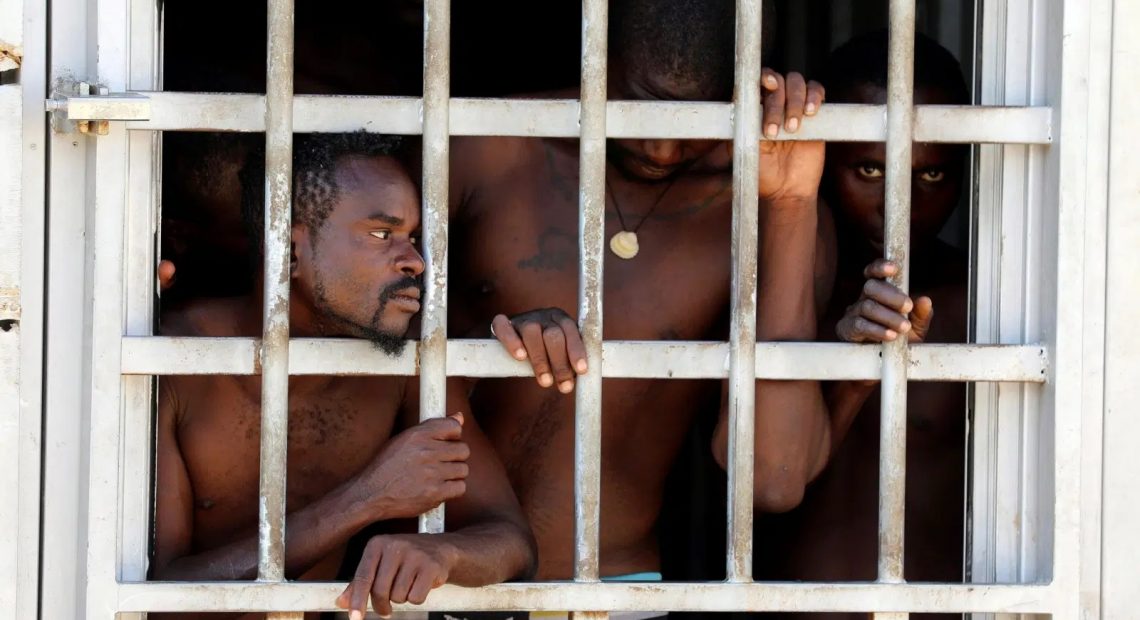

When in 1883, Britain by Act of Parliament (1833), gave impetus to eradication of slavery by abolishing it, optimism might have run high that death knell had tolled for the heinous trade in human cargo.
However, close to three centuries after the historic act, the world remain plagued by trafficking in persons on a large scale with broad network of local and international syndicates involved across many countries.
In this report, Simeon Ugbodoovon examines what makes the illicit trade thrive in Nigeria despite various initiative by government
Article 3, Paragraph (a) of the Protocol to Prevent, Suppress and Punish Trafficking in Persons defines the crime as the recruitment, transportation, transfer, harbouring or receipt of persons, by means of threat or use of force or other forms of coercion, of abduction, of fraud, of deception, of the abuse of power or of a position of vulnerability or of the giving or receiving of payments or benefits to achieve the consent of a person having control over another person, for the purpose of exploitation.
Exploitation in this regard includes all forms of prostitution, forced labour, slavery, servitude and removal of organs.
Human trafficking is described as a $150 billion global industry, with victims notching 40.3 million in 2018 according to Global Slavery Index.
Despite international collaboration, progression has continued, with the annual figure of victims rising from 30,961 in 2008 to 105,767 in 2019 and 108,613 in 2020.
2021 U.S. State Department Trafficking in Persons Report ranks Nigeria 32 out of 167 countries with the highest number of slaves, put at 1,386,000.
Despite establishment of the National Agency for the Prohibition of Trafficking in Persons (NAPTIP) in 2003 and enactment of Trafficking in Persons Law Enforcement and Administration Act, as amended in 2015, curtailing trade in human cargo remains daunting.
Pathetically, in most cases trafficked persons have had sore tales to tell
Why have these efforts failed to drastically reduce or discourage the crime?
The Media Lead, The Migrant Project, a nongovernmental organization, Mr Tayo Elegbede, who acknowledged efforts of relevant authorities, explained that current efforts were still far cry from the magnitude of the problem.
He identified what still needed to be done to address what fuels victims being lured into the dragnets of traffickers.
Mr Elegbede advocated inclusive and massive collaboration of families, religious institutions and social organizations with the government, which should equally strive to improve economic wellbeing of citizens, one of the factors fueling trafficking in persons.
In 2013, the United Nations General Assembly declared July 30 as World Day against Trafficking in Persons with this year’s theme as Victims’ voices lead the way.
Simeon Ugbodovon